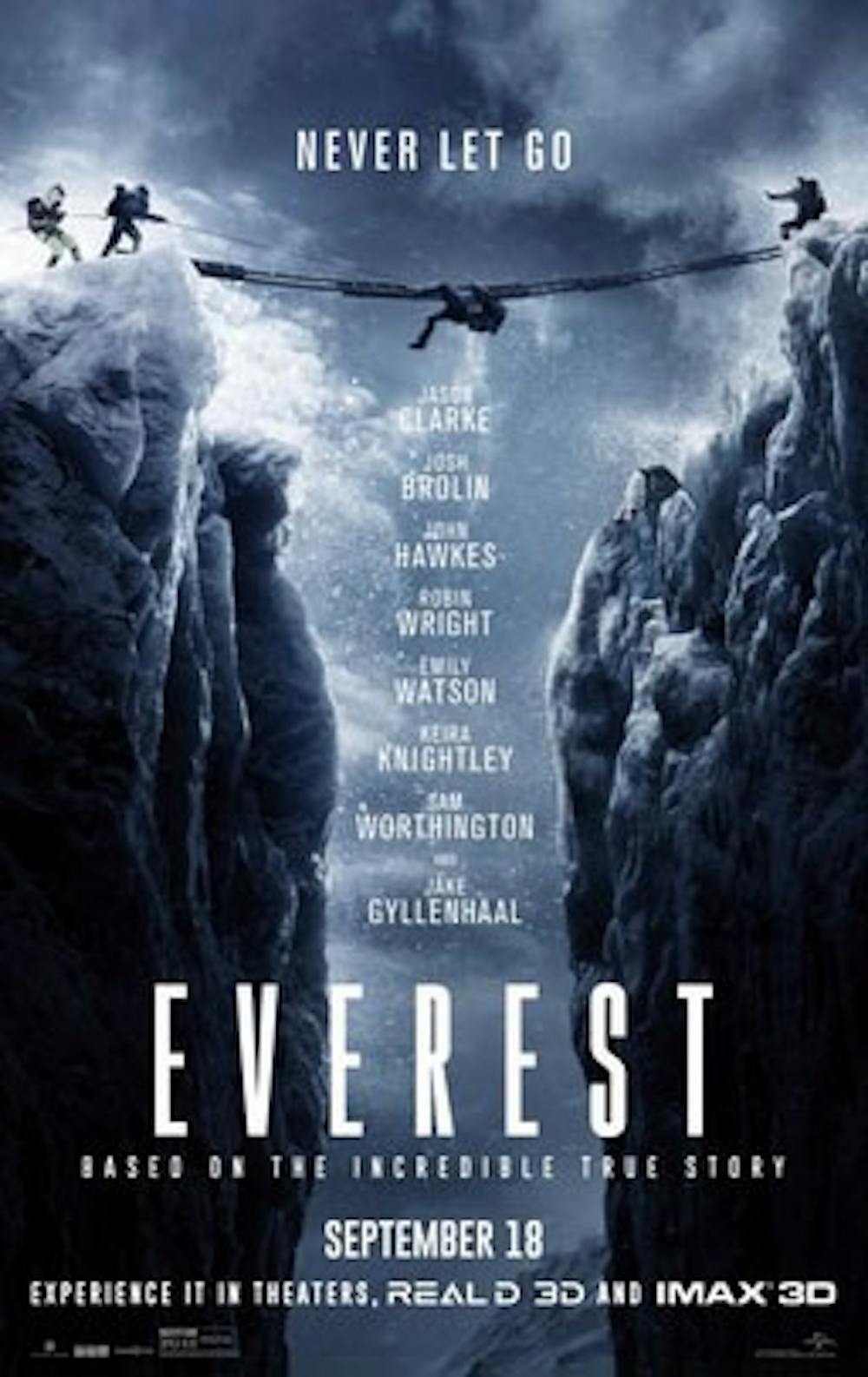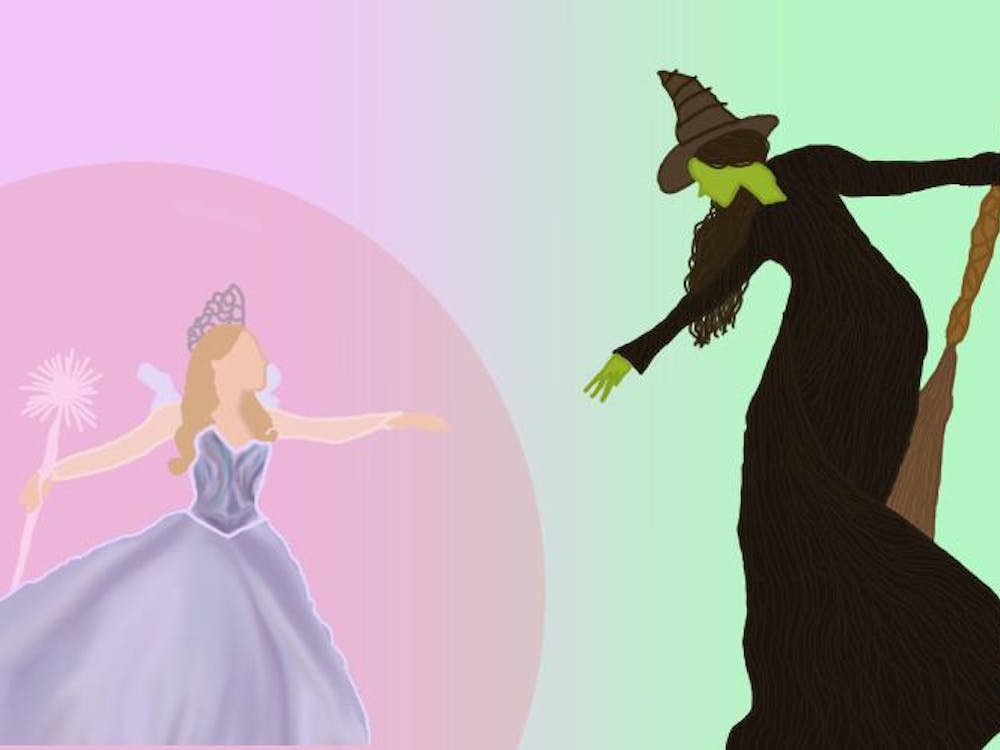“Everest” depicts the disastrous 1996 climb up Mount Everest best known from Jon Krakauer’s nonfiction book “Into Thin Air.” While “Everest” chronicles the events laid out in the novel, it is not an adaptation of Krakauer’s book, but rather draws from multiple accounts of the tragedy. While Krakauer emerges as one of the main figures in his book, the movie primarily focuses on Rob Hall (Jason Clarke), one of the leaders of the ill-fated expedition.
One thing that separates “Everest” from disaster movies in general, and one of the most fascinating elements of the plot, is its completely avoidable nature. The cause of the disaster is less a freak storm and more the main characters’ decisions to go on when they should have turned back — unwilling to miss a once-in-a-lifetime experience. Mt. Everest is inherently dangerous, and ultimately the characters don’t take the precautions that could have saved them. The bright ascent features the indomitable human spirit which promptly gets frostbite and dies on the way back down. There are times when you can see the story being shaped into a movie plot, such as the emphasis on the main character having a pregnant wife to get back to — never a good sign in the disaster genre — but this is actually not too noticeable.
The movie has a strikingly good cast, featuring an almost unrecognizable Jake Gyllenhaal as Hall’s bearded rival guide, Scott Fischer; Josh Brolin as the Texan client, Beck Weathers; Keira Knightley as Hall’s pregnant wife, Jan; and Robin Wright as Weathers’ wife, Peach.
It is initially odd that the movie does little to acknowledge its connection to the book beyond Krakauer’s presence on the trip Despite the popularity of “Into Thin Air” — if nothing else, the book is the best-known firsthand account — “Everest” takes on a new plot, relegating Krakauer’s character to a secondary and largely unsympathetic role. While Krakauer’s (Michael Kelly) role is relatively small, he is usually seen doing something cowardly or selfish. Krakauer agrees to pay only for his airfare, insists on being the first to summit, cowers in his tent as guides try to rescue other climbers and is quick to suggest the team cut their losses and save themselves. Even the decision to reach the summit instead of turn back is framed as a way not to look bad in Krakauer’s article. What’s more, Kelly’s portrayal of Krakauer gives the character an underlying sinister feel.
There is a strange push to put as much culpability as possible on a man who had no say in the itinerary whatsoever, while painting the people who actually made the fateful decisions in the best possible light. This is perhaps meant to counter Krakauer’s criticisms in his book of the guides themselves for not abiding by their turnaround times. Ultimately, Krakauer is a natural foil for Hall, who is incredibly compassionate and whose choices, though goodhearted, lead directly to the deaths of several people.
The two-hour movie does not portray the details many books on the subject do, but the 1996 disaster still works well as a movie. “Everest” makes good use of its 3D, which mainly shows the vastness of crevices, cliffs and the mountain itself. All in all, “Everest” is a tense and engaging movie that will likely put your urge to see the peak of Everest to rest.







